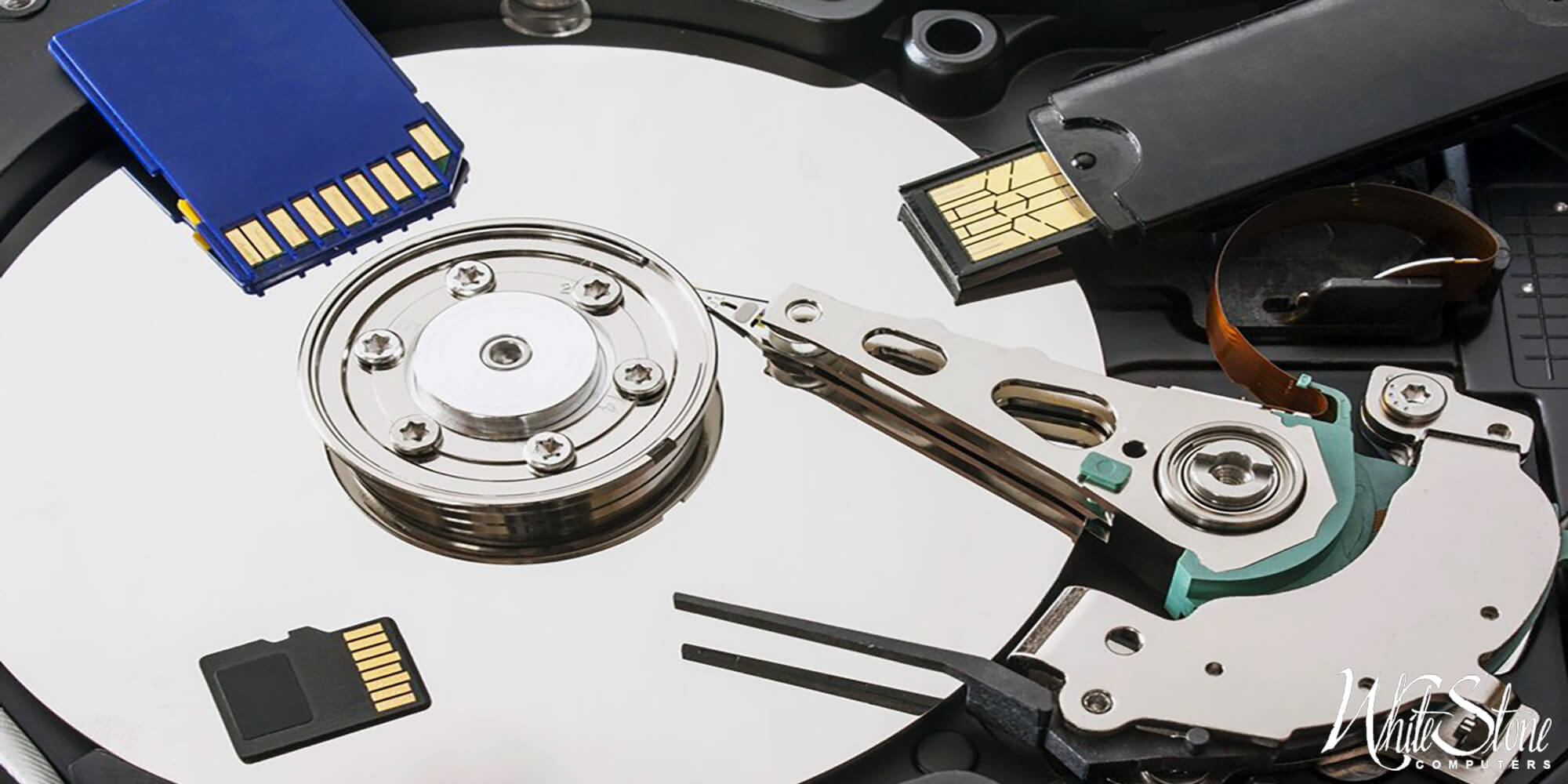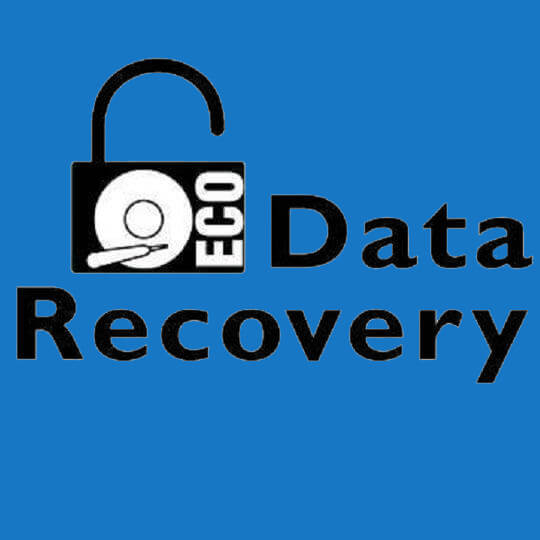What is Data Recovery?
Data recovery is the process of retrieving lost, damaged, or corrupted data from a storage device. It can be crucial for individuals and businesses to recover their data in case of system crashes or accidental deletion. The process involves various methods such as software-based recovery, hardware repair, and forensic recovery.
Software-based recovery is the most common method which involves using specialized tools to scan and recover lost files from different storage devices such as hard drives, flash drives, and memory cards. On the other hand, hardware repair involves fixing physical damage to a storage device such as replacing broken components in order to access data stored on it. Lastly, forensic recovery is a more complex method that involves analyzing digital evidence in order to retrieve valuable data.
Overall, data recovery can be a lifesaver when it comes to protecting important information. However, prevention is always better than the cure so it’s important to back up your files regularly and take measures to protect your devices against malware and other threats that may compromise your data’s security.
Types of Data Loss
There are several types of data loss that individuals and businesses may experience. One type is accidental deletion. This occurs when a user unintentionally deletes important data, such as files or folders, from their device. Another type is corruption of data due to hardware failure, power outages or software malfunctioning. In some cases, viruses or malware attacks can also cause data loss.
A more severe form of data loss is physical damage to the storage device itself. This can happen due to hardware failure or natural disasters such as floods or fires, causing irreparable damage to the device and rendering any stored data inaccessible without professional intervention.
Regardless of the cause, experiencing any form of data loss can be a frustrating and stressful situation for anyone who relies on digital information for their daily operations. Seeking assistance from a professional data recovery service provider may be necessary in order to retrieve lost information and avoid further complications down the line.
Prevention and Mitigation
Prevention and mitigation are two essential concepts when it comes to data recovery. Prevention is about taking proactive measures to ensure that data loss does not occur in the first place. This means implementing robust backup and disaster recovery strategies, investing in secure storage facilities, conducting regular maintenance checks on hardware, and keeping software up-to-date.
Mitigation, on the other hand, is about reducing the impact of data loss should it occur. This involves having a contingency plan in place for dealing with disasters such as natural calamities or cyber-attacks. Such a plan may involve having multiple backups stored off-site or in cloud-based services that can be accessed quickly during an emergency.
Ultimately, both prevention and mitigation strategies are crucial components of any comprehensive data recovery plan. By adopting a proactive approach towards safeguarding your data while being prepared to deal with unforeseen events that could result in its loss, you can minimize downtime and prevent long-term damage to your business operations.
Data Recovery Solutions
Data recovery is an essential solution for individuals and businesses who have lost important files or data due to system crashes, viruses, accidental deletions, or hardware failures. With the increasing reliance on digital data storage and the growing number of cyber threats, the need for reliable data recovery solutions has become more critical than ever. Fortunately, there are several options available in the market today that can help recover lost data quickly and efficiently.
One of the most popular types of data recovery solutions is software-based recovery. This type of solution involves installing a specialized program on a computer or device that has experienced data loss. The software will then scan the affected drive and attempt to recover any lost files using various techniques such as file carving and rebuilding partition tables. While software-based solutions can be effective in many cases, they may not always work if damage to the hard drive is severe.
Another common option for recovering lost data is through professional services offered by specialized companies. These firms typically employ skilled technicians who have extensive expertise in retrieving lost information from damaged drives. They use advanced techniques like cleanroom technology to ensure that no further damage occurs during the process, and often offer guarantees that they will be able to recover at least some of your missing files. However, these services can be expensive and may not always guarantee complete success depending on how damaged your drive is.
DIY or Professional?
DIY data recovery may seem like a great option for those who are tech-savvy or have experience with computers. However, attempting to recover your own data can be risky and potentially further damage your device. Professional data recovery services have the necessary tools, knowledge, and expertise to safely retrieve lost information.
One of the biggest risks of DIY data recovery is accidentally overwriting important files. Without proper training and tools, it can be easy to make mistakes that permanently erase crucial documents or images. Additionally, opening up your device without proper precautions can result in static electricity damaging internal components.
Professional data recovery services use advanced techniques such as specialized software and cleanroom environments to ensure that your device is handled properly and its contents are retrieved safely. They also offer various levels of service depending on the severity of the issue and the types of files needing to be recovered.
Overall, while DIY may sound appealing due to its lower cost, professional data recovery ultimately provides more security and peace of mind for you and your valuable information.
Cost Considerations
When it comes to data recovery, cost is a major consideration for many individuals and businesses. The price of recovering lost or corrupted data can vary greatly depending on the extent of the damage and the type of data that needs to be recovered. In some cases, simple software solutions may be enough to retrieve lost files, while in other cases more advanced techniques such as physical repair or forensic analysis may be necessary.
One factor that can impact the cost of data recovery is turnaround time. If you need your data back quickly, you may have to pay a premium for expedited service. Additionally, if your data is especially sensitive or valuable, you may opt for higher levels of security and confidentiality which can also drive up costs.
When considering the cost of data recovery services, it’s important to weigh this against the potential value of the lost or damaged data. For businesses with critical systems and customer information at stake, investing in professional-grade recovery services may be worth the expense in order to avoid more significant losses down the line.
Conclusion
Data recovery is an essential service that can save individuals and businesses from losing valuable information. Whether it’s due to hardware failure, accidental deletion, or a malware attack, there are various tools and techniques available to retrieve lost data. However, prevention is always better than cure; hence it’s crucial to back up your files regularly.
Moreover, while there are many DIY data recovery software options available online, it’s important to note that attempting to recover data without professional assistance can lead to further damage and permanent loss of information. It’s advisable to seek the services of a reputable data recovery company with experienced technicians who use industry-standard tools and techniques.
In conclusion, if you find yourself in a situation where you’ve lost important data, don’t panic! There are various solutions available depending on the nature of your problem. Whether it’s using specialized software or seeking professional help from an expert in the field – just remember not to delay taking action as time is critical when trying to recover lost files.




